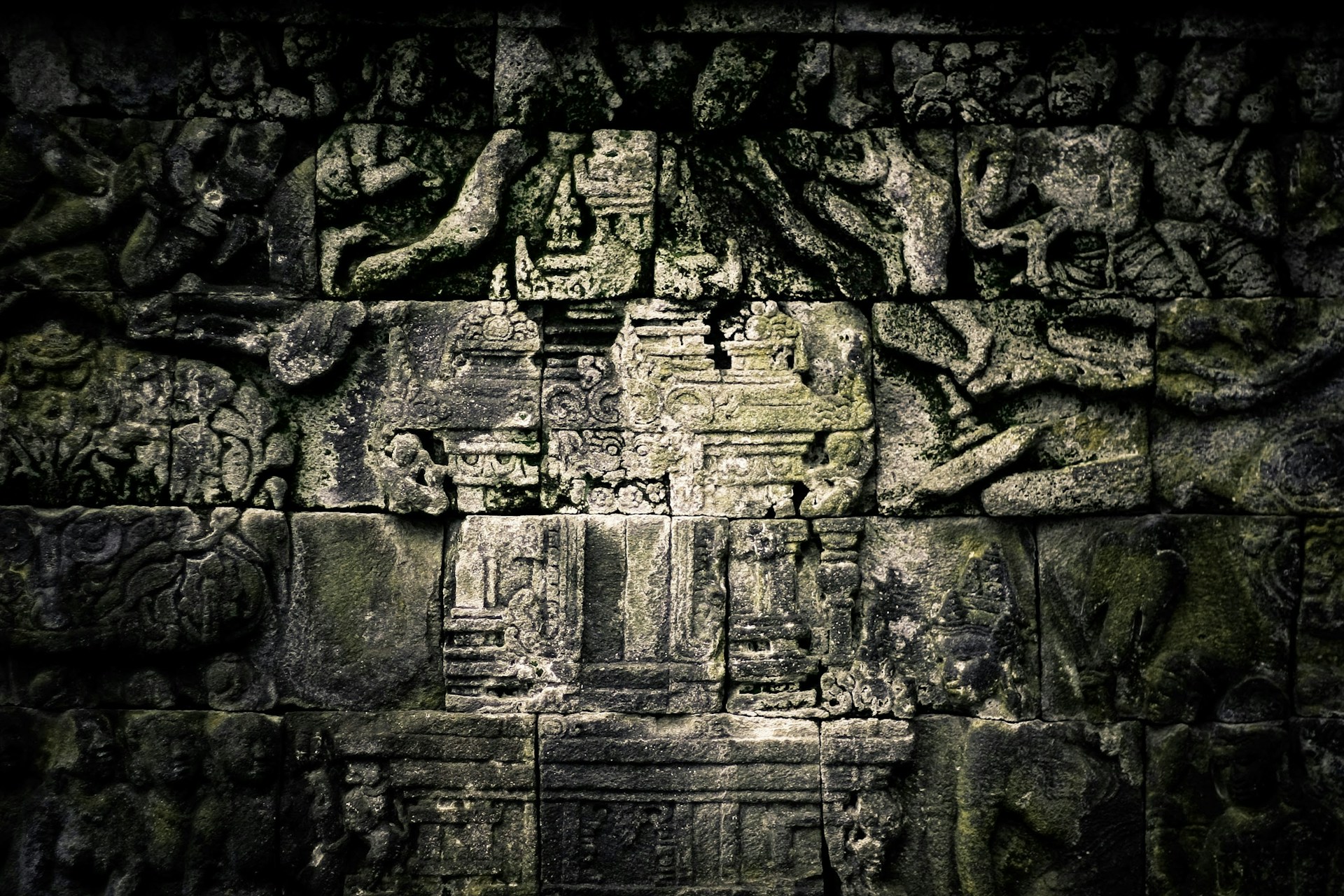by William Doreski
The Maya invented zero
a thousand years before Europe did.
Yet despite your troubled math
attempting to prove otherwise,
the Haab’, with its eighteen months
of twenty days, made no attempt
to chart solar or lunar cycles.
We sulk over charts and worry
that Wayeb’, the five nameless days
at the end of the calendar,
has arrived. The underworld
opens with a hydraulic sigh
to permit the cruelest deities
to riot and trouble the earth.
Swine flu breaks out in Mexico
and coughs up the coast to New York,
choking school kids and homeless men.
A car bomb kills eighty people
in Tikrit. A major league pitcher
throws wildly into the stands
and fractures an eight-year-old’s skull.
We shouldn’t have tracked this calendar
so far into the future. Combined
with the Tzolk’in, this calendar
describes a fifty-two-year era,
longer than Mayan lifetimes.
The recurrence of this cycle
depended on the whims of gods.
We’re hoping to span two cycles,
a couple of calendar rounds,
and like the Venus Cycle recur
at regular intervals, peeping
with the concept of zero
over horizons so distant
no one will note our approach.
William Doreski lives in Peterborough, New Hampshire. He has taught at several colleges and universities. His most recent book of poetry is Cloud Mountain (2024). He has published three critical studies, including Robert Lowell’s Shifting Colors. His essays, poetry, fiction, and reviews have appeared in various journals.



Add your first comment to this post